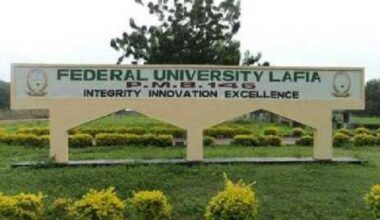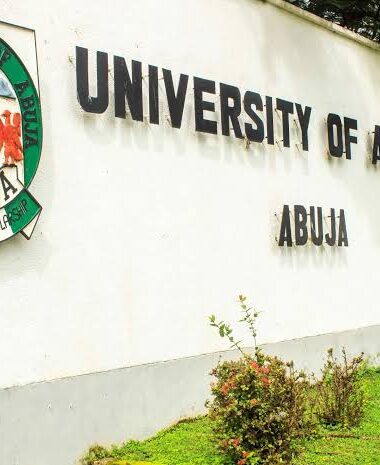- Journalism: Journalists write news articles, conduct interviews, and produce content for newspapers, magazines, websites, and television.
- Advertising: Advertising professionals create and place ads for products and services. They work with businesses to develop marketing campaigns and strategies.
- Public relations: Public relations professionals build and maintain relationships between organizations and the public. They create and distribute press releases, manage social media accounts, and organize events.
- Media studies: Media studies professionals study the history, theory, and impact of mass media. They work in academia, research, and government.
What are the challenges of studying mass communication in federal universities in Nigeria?
Some of the challenges of studying mass communication in federal universities in Nigeria include:
-
The high cost of tuition: Tuition fees for federal universities in Nigeria can be expensive, especially for students from low-income families.
-
The competitive nature of the admissions process: The admissions process for federal universities in Nigeria is very competitive, and only the best students are accepted.
-
The demanding workload: Mass communication is a demanding course of study, and students need to be prepared to work hard.
What are the benefits of studying mass communication in federal universities in Nigeria?
Some of the benefits of studying mass communication in federal universities in Nigeria include:
-
A high-quality education: Federal universities in Nigeria offer a high-quality education in mass communication.
-
Strong alumni networks: Federal universities in Nigeria have strong alumni networks that can help graduates find jobs.
-
Opportunities for hands-on experience: Federal universities in Nigeria offer opportunities for students to gain hands-on experience in mass communication.
-
The chance to make a difference: Mass communication professionals have the opportunity to make a difference in the world by informing and educating the public.








